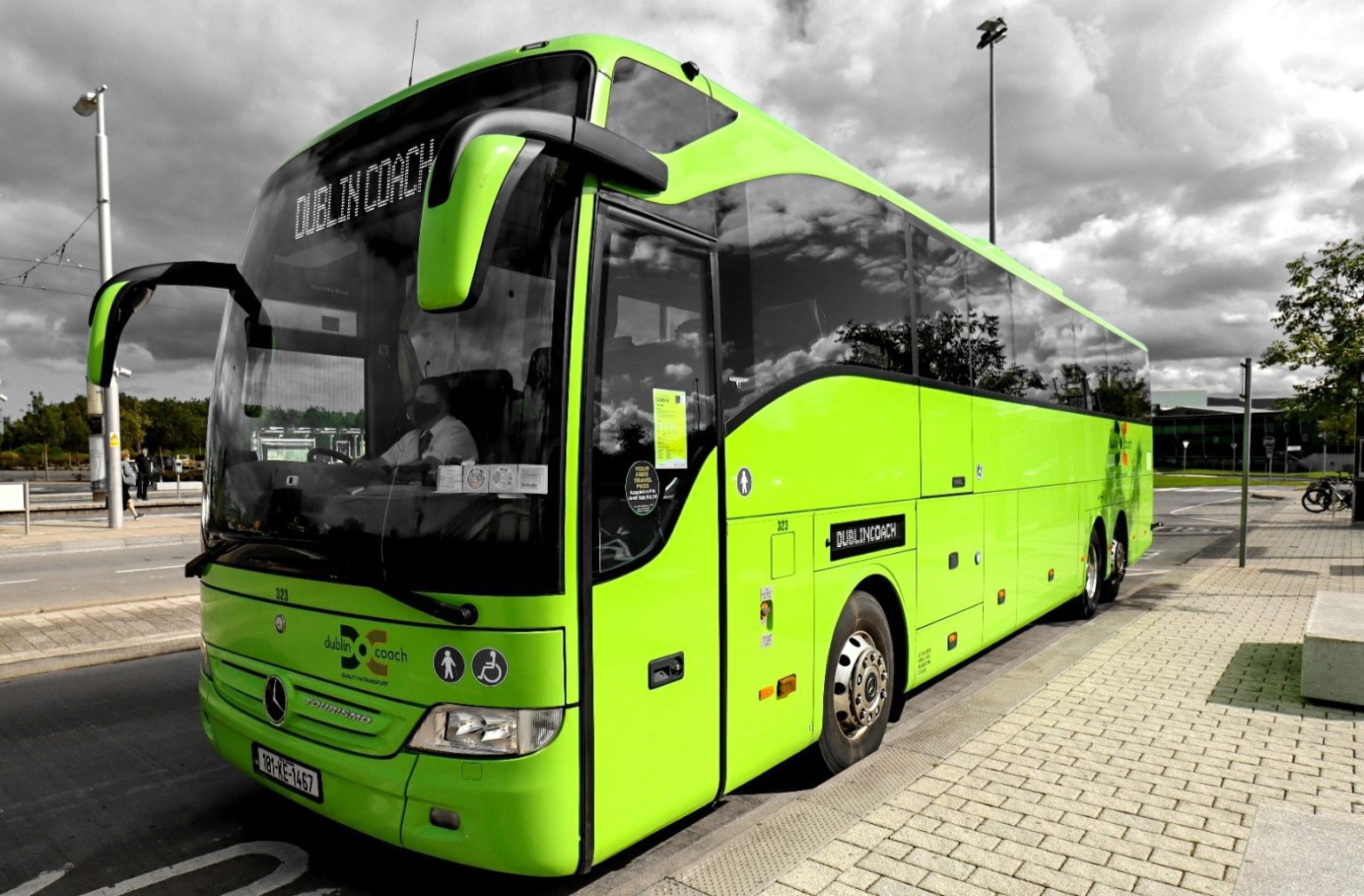As the world grapples with the pressing challenges of climate change and urban pollution, businesses and municipalities are increasingly turning to electric vehicle (EV) fleets as a sustainable solution. The transition to electric fleets not only aligns with global sustainability goals but also offers substantial economic advantages, setting the stage for a greener and more efficient future.
The Case for Electric Vehicle Fleets
The transportation sector is a significant contributor to greenhouse gas emissions, and the reliance on fossil fuels is unsustainable in the long run. Electric vehicles provide a cleaner alternative, emitting zero tailpipe emissions and significantly reducing the carbon footprint. This shift is particularly crucial for fleet operators, including logistics companies, public transportation, and service industries, where vehicles are utilized extensively.
By adopting electric vehicles, fleet operators can dramatically decrease their environmental impact. According to the U.S. Department of Energy, replacing conventional gasoline or diesel vehicles with EVs can lead to a reduction in emissions by 40-90%, depending on the electricity source. Moreover, as the grid becomes increasingly powered by renewable energy, the benefits of electric fleets will only continue to grow.
Economic Advantages
Beyond environmental benefits, electric vehicle fleets also offer compelling economic incentives. While the initial investment for electric vehicles may be higher than traditional vehicles, the long-term savings are significant. EVs are typically cheaper to operate and maintain due to lower fuel costs and fewer moving parts, which leads to reduced maintenance expenditures.
In addition, many governments offer incentives for businesses that transition to electric vehicles, including tax credits, rebates, and grants. These incentives can help offset the initial costs of purchasing EVs and charging infrastructure, making the transition more financially feasible.
Overcoming Challenges
Despite the advantages, several challenges hinder the widespread adoption of electric vehicle fleets. Chief among these is the availability of charging infrastructure. Fleet operators must invest in reliable charging solutions to ensure their vehicles remain operational. However, this challenge is increasingly being addressed by advancements in charging technology and the expansion of public and private charging networks.
Range anxiety—the fear that an electric vehicle may run out of battery before reaching its destination—also poses a concern. However, with improvements in battery technology, many new EV models boast ranges that comfortably accommodate the needs of most fleets.
Looking Ahead
As electric vehicle infrastructure expands and consumer acceptance grows, fleet operators are positioned to play a critical role in this transition. The shift toward electric vehicle fleets represents more than just an operational change; it is a necessary step toward a sustainable future. By investing in electric vehicles, businesses can contribute to cleaner air, lower greenhouse gas emissions, and long-term cost savings—all while demonstrating their commitment to environmental responsibility. As the electric vehicle revolution gains momentum, the fleets of tomorrow will drive us toward a greener, more sustainable world.
